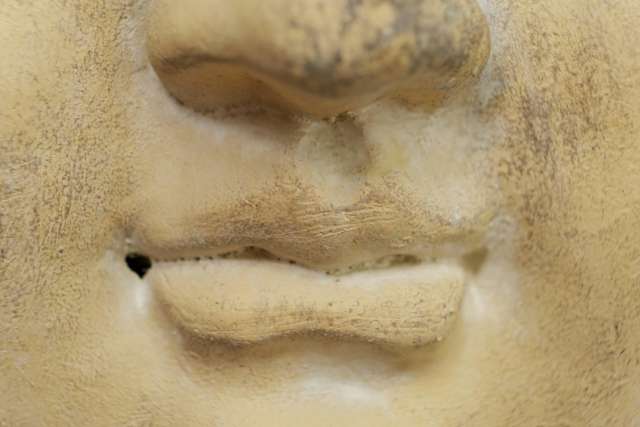Hello again, dear readers, and welcome to a bonus letters column. This comes to you courtesy of the abundance of mail we have been receiving. We have a pair of interesting questions to cover, so let’s dive right in.
Diabetes has been a frequent topic in our columns over the years. We recently heard from a reader in Southern California who wonders about the past. “We are used to the idea that when someone gets diagnosed with Type 1 diabetes, they will use insulin to keep the disease in check,” he wrote. “But when did that become possible? And before that, how long was someone with Type 1 diabetes able to stay alive?”
When someone has Type 1 diabetes, it means their pancreas produces either very little insulin or none at all. This is the hormone that facilitates the transfer of glucose from the blood and into the cells. People living with Type 1 diabetes require insulin injections, or alternative delivery methods such as an insulin pump, to manage blood sugar levels and maintain good health. This only became possible about a century ago, thanks to an experiment conducted in 1921.
A doctor at the University of Toronto, working with a medical student, successfully used insulin to manage blood sugar levels in a dog. The following year, a 14-year-old boy with Type 1 diabetes became the first person to be treated with injectable insulin, which was derived from a cow’s pancreas. Prior to that, the management of Type 1 diabetes relied on dietary restrictions.
As a result, the data showed that 90% of people with Type 1 diabetes survived less than five years after being diagnosed. With that one experiment, the Canadian scientists turned a fatal disease into a manageable one.
A popular topic year-round is Daylight Saving Time. Several of you have echoed this question from a reader in Wisconsin: “My husband and I both hate the back-and-forth of Daylight Saving Time, but we want different solutions,” she wrote. “He thinks it should be permanent and I want it to go away. Is there any way to know if one is better for you than the other?”
At the heart of this question is the circadian clock, which is our internal body clock -- or to be more precise, clocks. New research suggests each cell has a light-based clock of its own.
Tied to the Earth’s alternating cycles of light and dark, these clocks govern a wide range of physiological processes. These include the release of hormones, the regulation of body temperature, eating habits, digestion, blood sugar control, energy production, emotion, mood, mental health and, of course, sleep. Even a slight misalignment of the body clock can, over time, become detrimental to health. As a result, scientific opinion at this time seems to favor a permanent return to standard time.
Thank you, as always, for taking the time to write. We love hearing your thoughts, opinions and questions. We look forward to hearing from more of you, and we will continue to answer as many of your letters as we can.
(Send your questions to [email protected], or write: Ask the Doctors, c/o UCLA Health Sciences Media Relations, 10960 Wilshire Blvd., Suite 1955, Los Angeles, CA, 90024. Owing to the volume of mail, personal replies cannot be provided.)




